Iran has warned it will respond to any move by Western powers to reinstate United Nations sanctions over its nuclear programme, though it has not specified what form that response would take. The statement came from Foreign Ministry spokesperson Esmaeil Baghaei during a press conference on Monday.
Last week, a French diplomatic source told Reuters that European countries may be forced to trigger the “snapback mechanism”- a provision under the 2015 nuclear agreement if a new deal that safeguards European security is not reached. The mechanism allows U.N. sanctions to be reimposed on Iran in the event of serious non-compliance.
Baghaei rejected the threat as lacking legal and political legitimacy, warning that Tehran would respond appropriately and proportionally. He criticised the European parties to the agreement, the UK, France, and Germany, accusing them of serious violations of their Joint Comprehensive Plan of Action (JCPOA) obligations and arguing they have no moral or legal right to invoke the snapback provision.
The JCPOA was signed in 2015 by Iran, the U.S., UK, France, Germany, Russia, and China, and lifted sanctions in exchange for strict limits on Iran’s nuclear activities. Western governments have long accused Iran of seeking to develop nuclear weapons, a charge Tehran denies.
The United States withdrew from the JCPOA in 2018 during President Donald Trump’s first presidency, with Trump branding the deal “weak.”
Now in his second term, Trump has called on Iran to return to the negotiating table for a revised agreement, following a recent ceasefire that ended a 12-day air conflict between Iran and Israel.
When asked whether Iranian Foreign Minister Abbas Araqchi would meet with Trump’s Middle East envoy, Steve Witkoff, Baghaei said that no date or location for renewed talks had yet been determined.
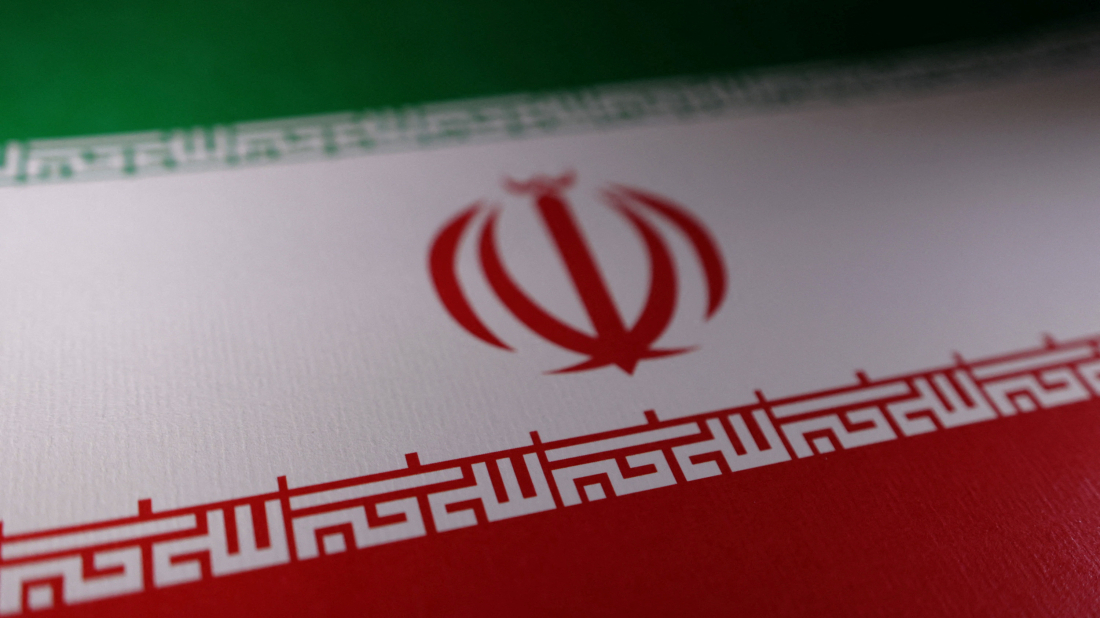
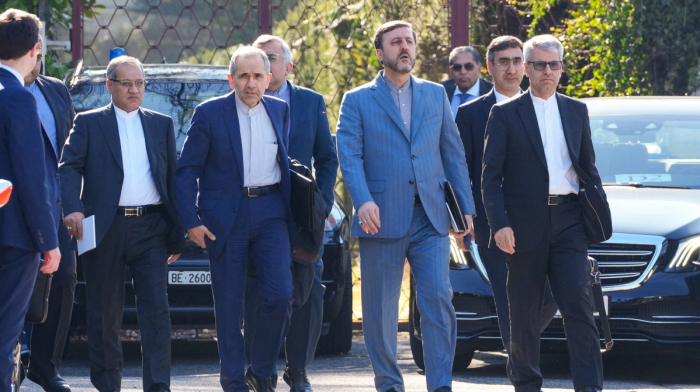
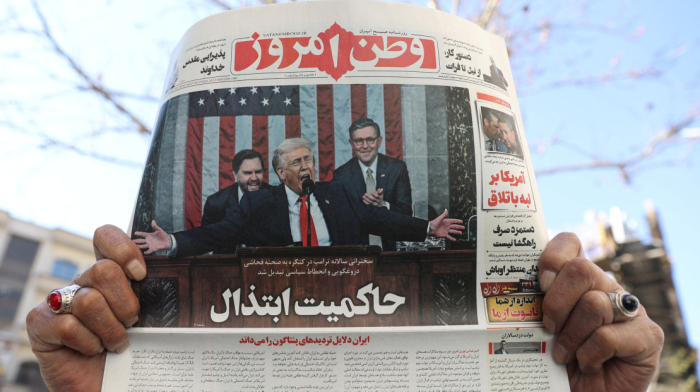
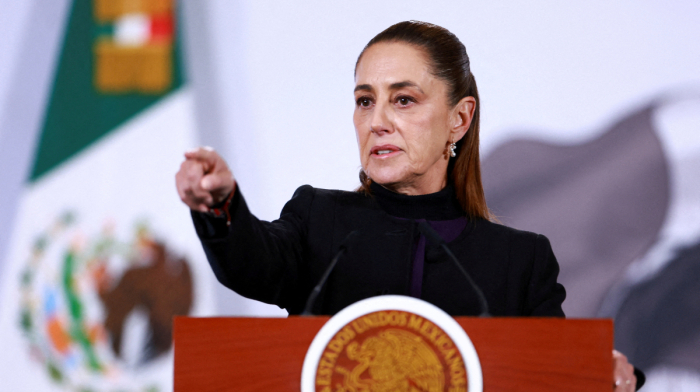
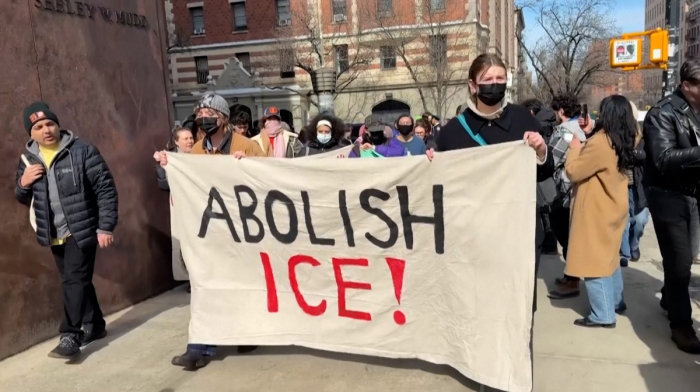
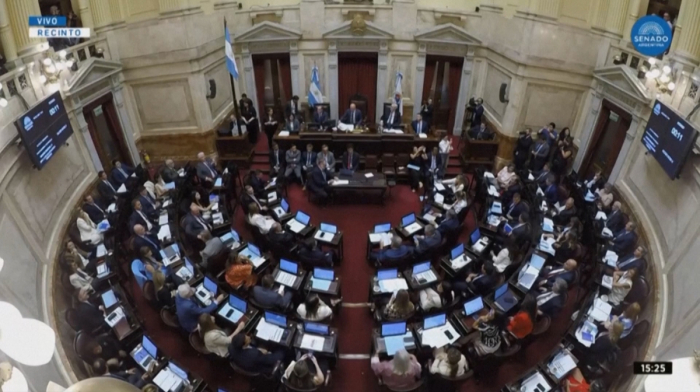

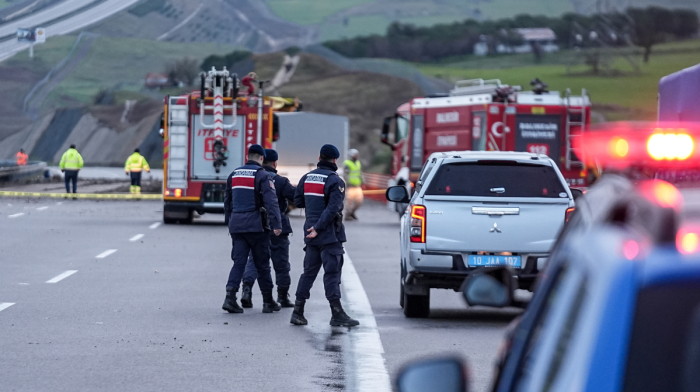
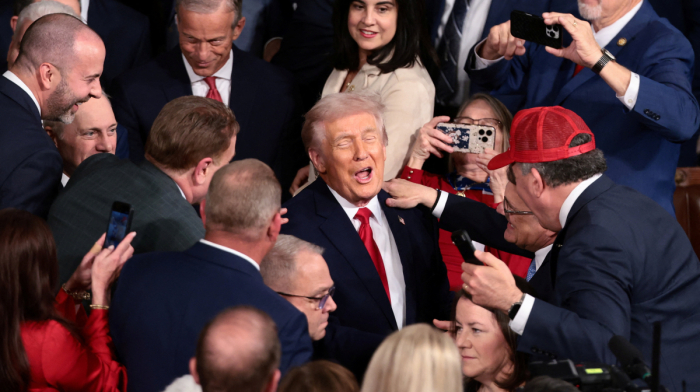
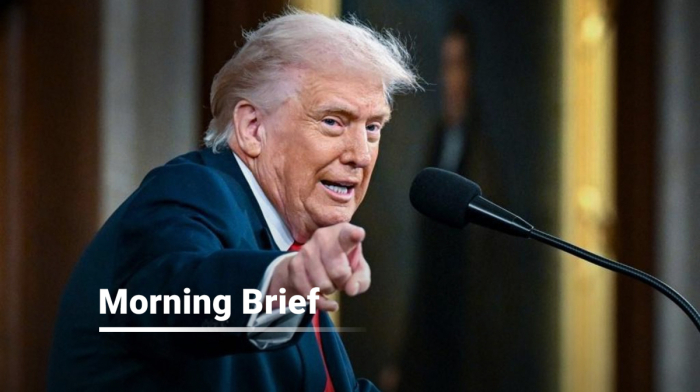
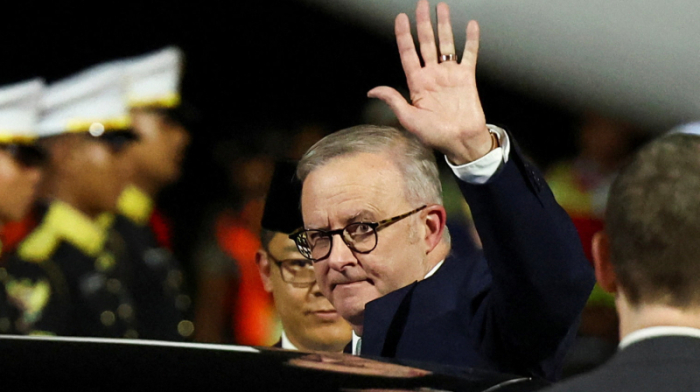
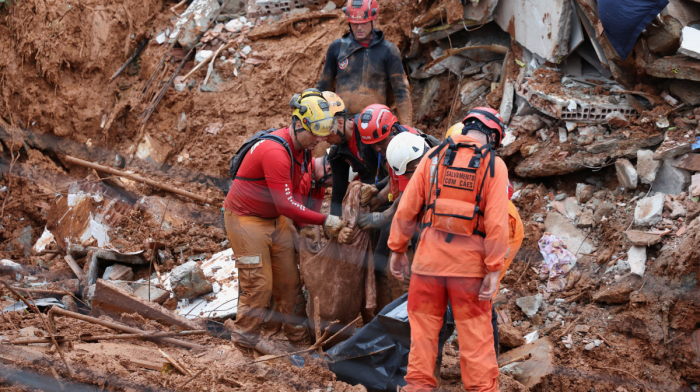
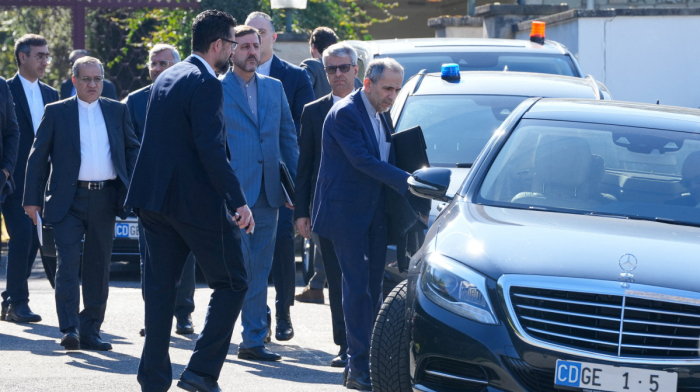



What is your opinion on this topic?
Leave the first comment